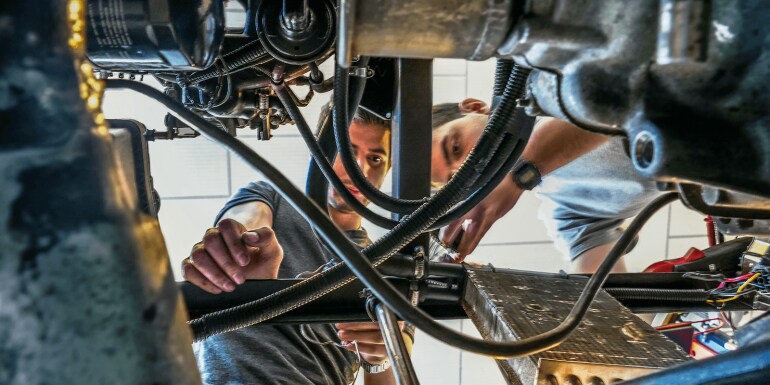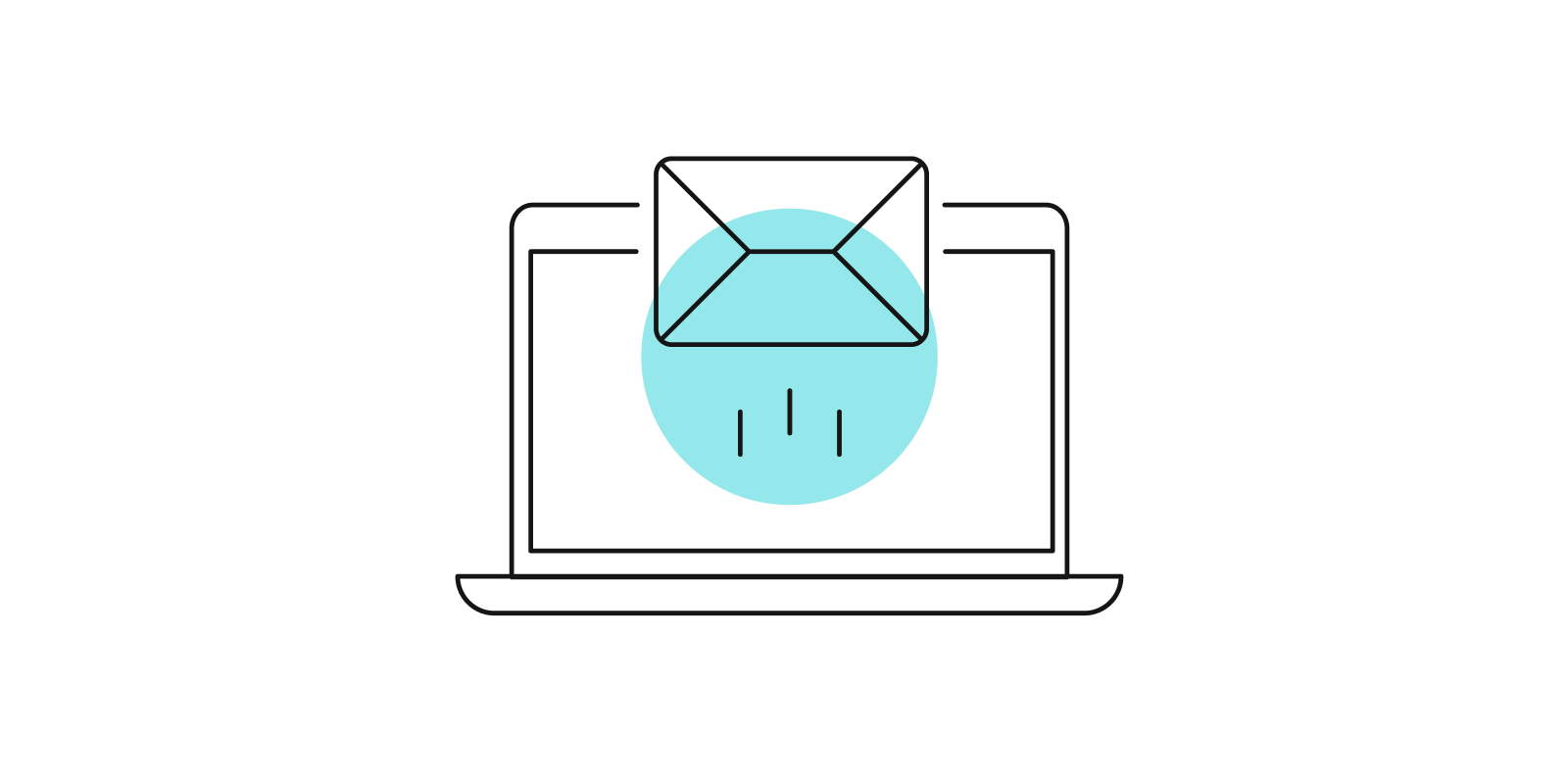
New report: Demand-driven education

A new report responds to The Future of Skills by exploring its implications for education systems and offers up practical solutions for higher education to more closely align with what the workforce needs.
We are excited to share a new report by Jobs for the Future (JFF) and Pearson that explores the changing world of work and provides recommendations for shifting from the traditional route to employment to a network of pathways that is flexible, dynamic, and ultimately serves more learners.
Released at the Horizons conference in June, Demand-Driven Education: Merging work and learning to develop the human skills that matter looks at what is required for transitioning to the third wave in postsecondary education reform – demand driven education.
The first wave – access – was focused on getting more people to enter higher education. The second wave was focused on improving achievement – getting more students to earn degrees and certificates.
In this third wave, the worlds of education and work will converge producing programs that ensure students are job-ready and primed for lifelong career success.
Adapting to the needs of both the learner and the employer, “demand-driven education takes account of the emerging global economy — technology-infused, gig-oriented, industry-driven — while also striving to ensure that new graduates and lifelong learners alike have the skills required to flourish.”
The report states, “as the future of work unfolds, what makes us human is what will make us employable.”
While technological literacy is critical, learners need educational experiences that cultivate skills, including fluency of ideas, originality, judgment, decision-making, and active learning, all supported by collaborative academic and career paths.
Higher education and employers are making headway in this arena with innovative programs like University of North Texas’s Career Connect and Brinker International’s Best You EDU.
In a recent interview, Joe Deegan, co-author of the report and senior program manager at JFF, said,“although technology such as digital assessment might enable educators to make programs faster and more adaptive, the most significant change is one of mindset.”
The future is bright. And there’s a lot of good work to do through active collaboration and partnership to create rewarding postsecondary learning experiences that are responsive to our changing world and inclusive of all learners.

Learn how our Career Success Program helps learners discover, develop, and demonstrate their best professional selves to get their targeted job and achieve lifelong career success.



